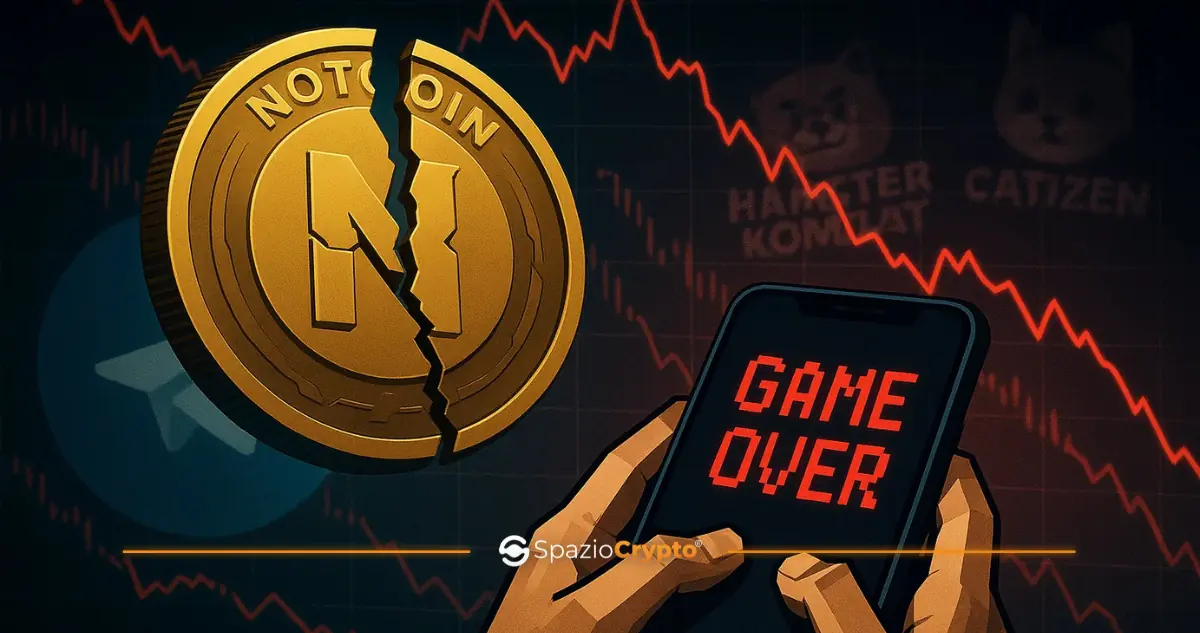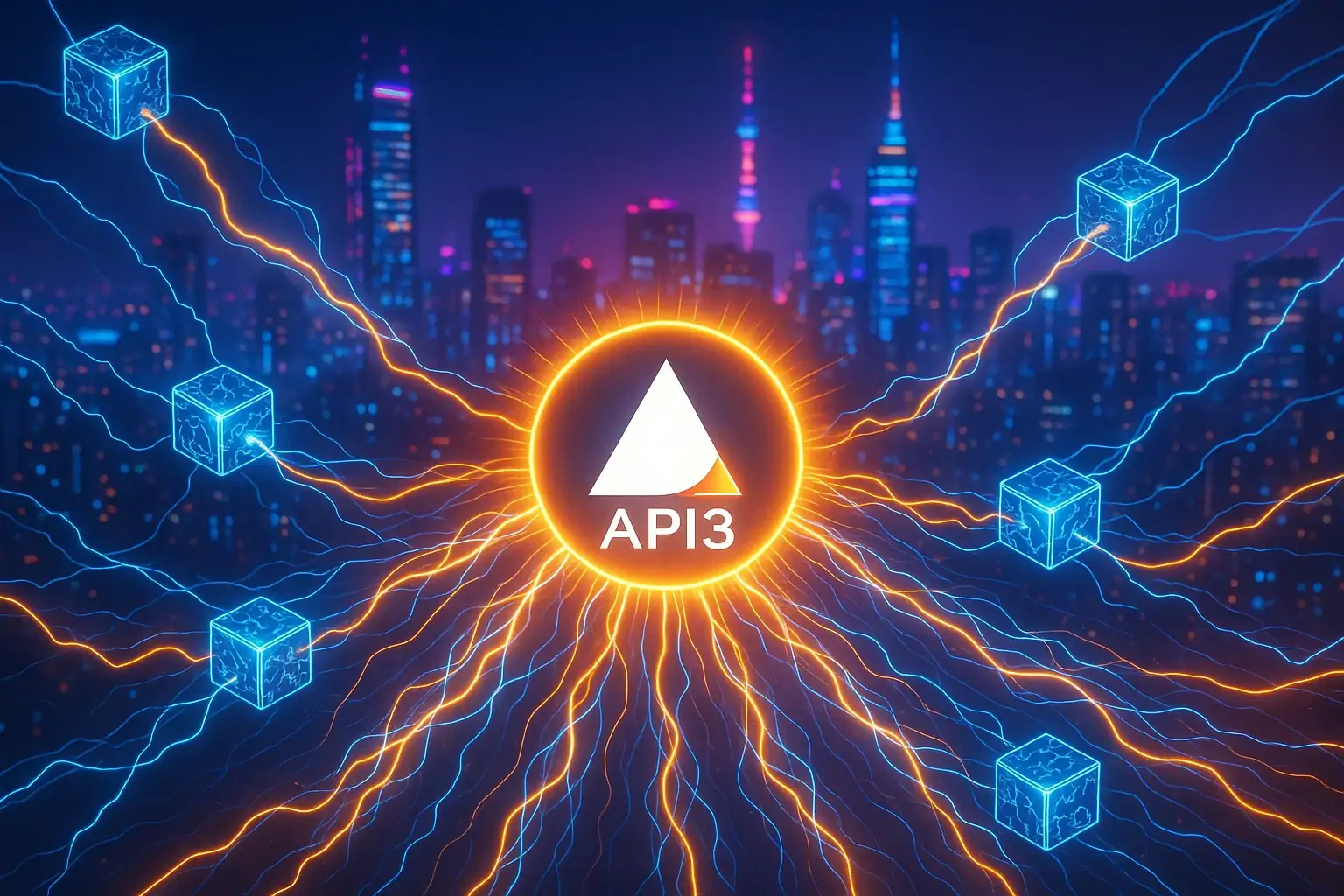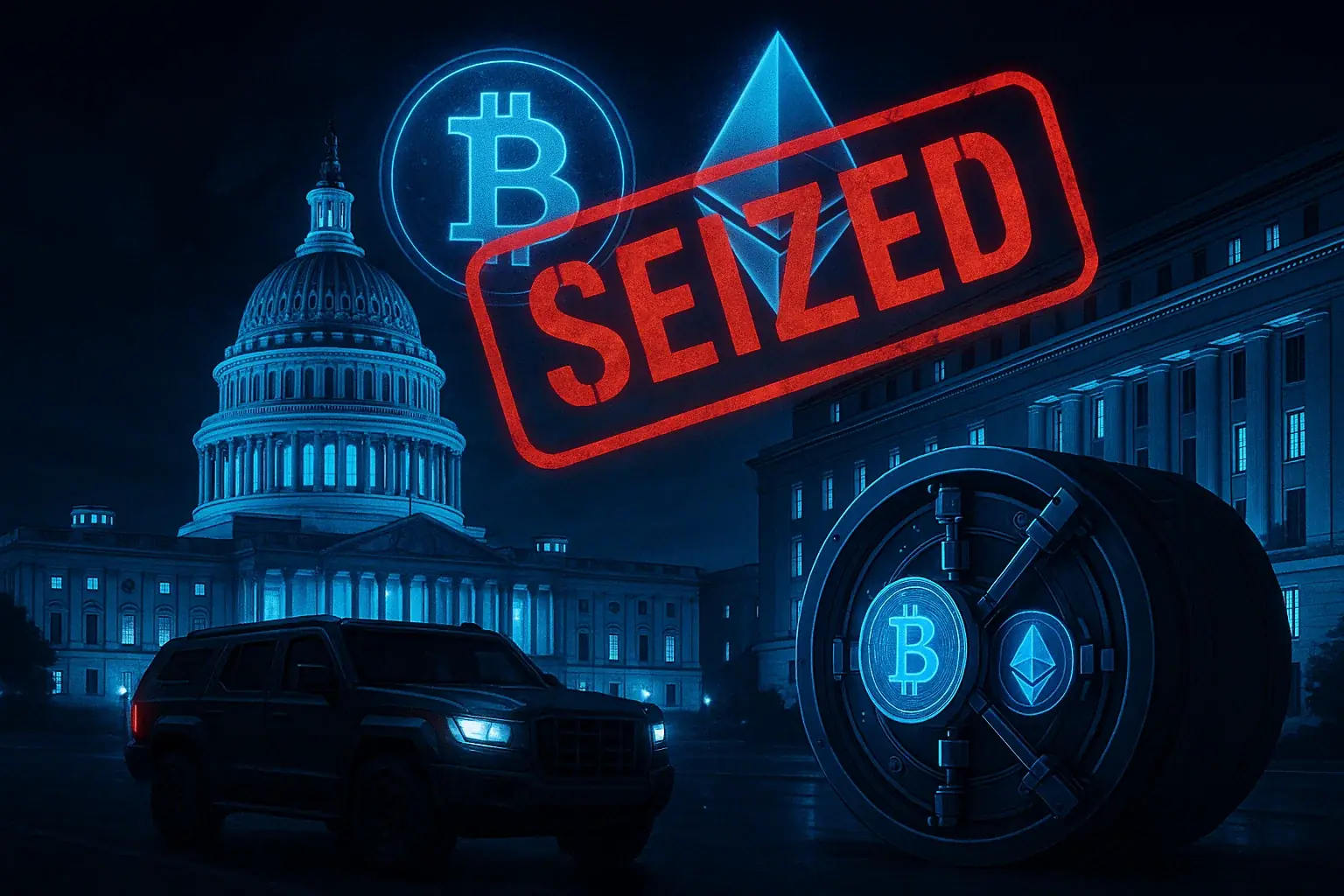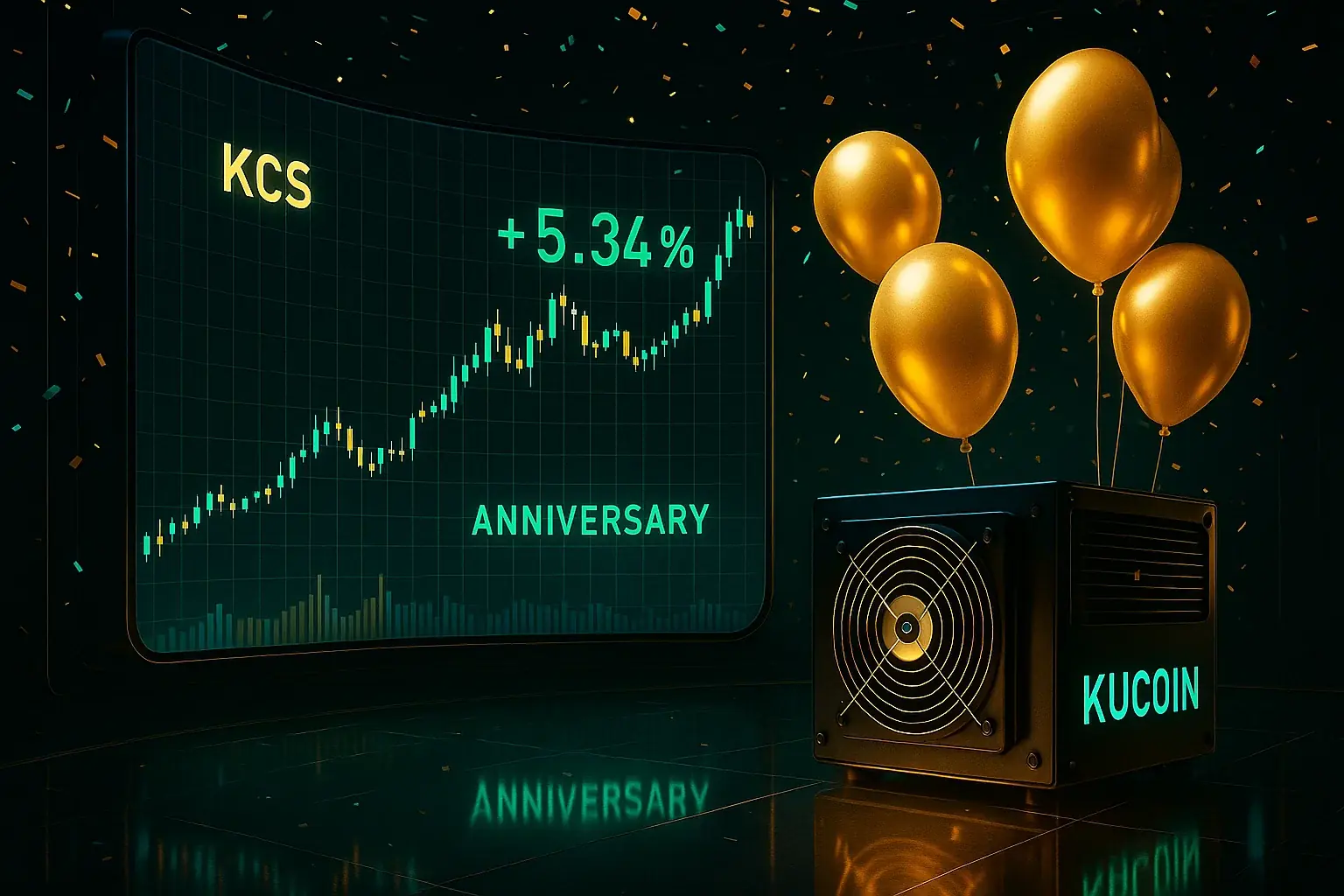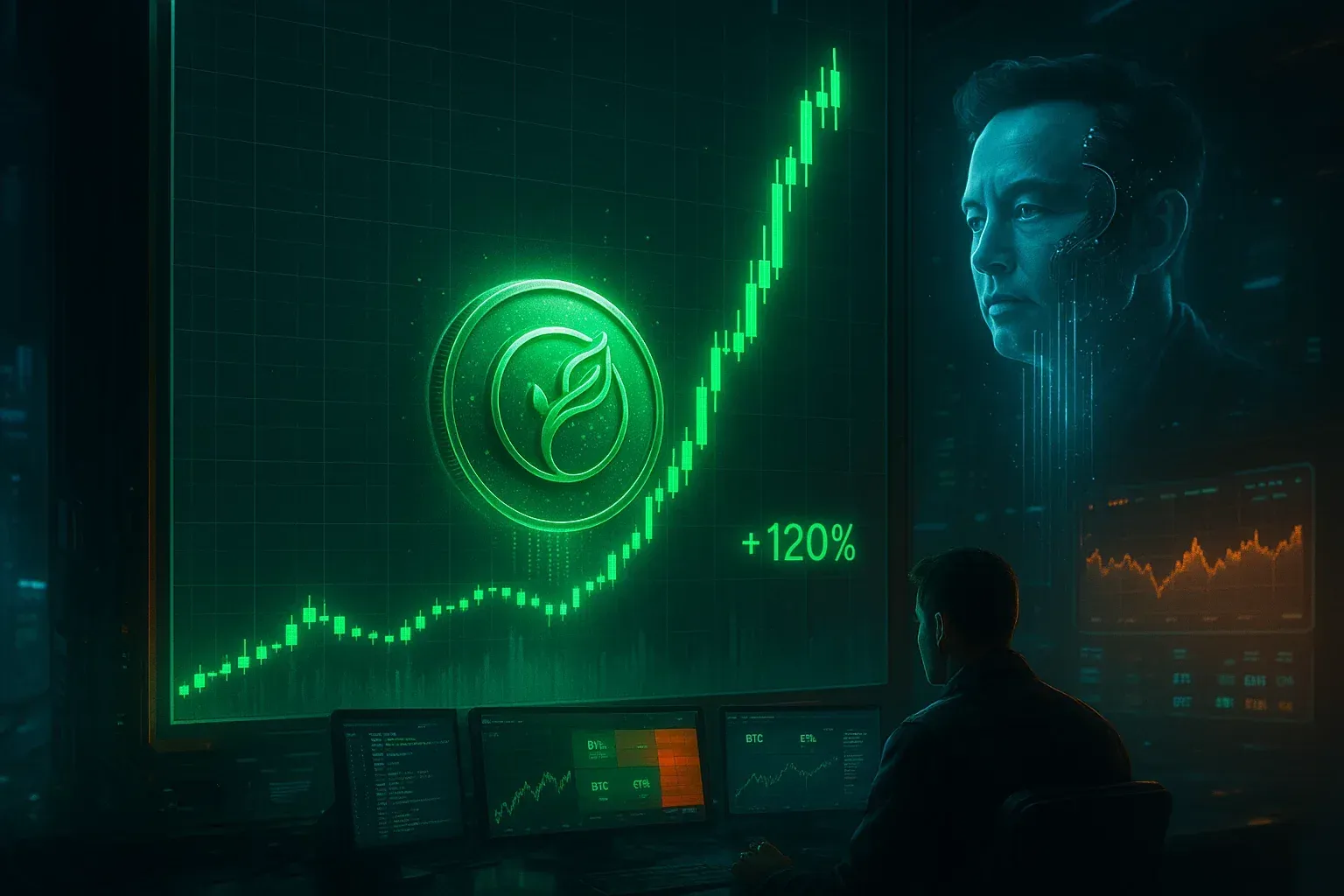Notcoin's developers announce the end of tap-to-earn crypto games on Telegram.
Projects that offer the ability to earn tokens by completing simple tasks via on-screen touches no longer attract attention. According to the developers, they will be replaced by 'more exciting' formats.
Notcoin co-founders Sasha and Vladimir Plotvinov told Cointelegraph during the Token2049 conference that the tap-to-earn format in crypto game projects (clicker games or 'tapalki') is 'probably dead'. The developers noted that this type of game is no longer profitable and is already being replaced with new types.
The Tap-to-Earn (T2E) is a game concept on blockchain that combines simple mechanics with the possibility of earning cryptocurrency. The user makes simple 'taps' (presses) to complete tasks and receives project tokens as rewards.
Notcoin became one of the leading Web3 projects on Telegram in 2024, garnering around 30 million players. Its NOT token has since plummeted by more than 90 per cent since its peak. NOT currently ranks 172nd on CoinMarketCap with a capitalisation of $228 million (at peak it was $2.4 billion).
According to the Plotvinov brothers, "touches" are no longer holding users' attention, and game creators are moving on to more exciting, socially-oriented projects. In the new formats, the game economy is maintained, but as an addition and not as the basis of gameplay.
According to Sasha, games on Telegram are starting to move towards models that move away from the simple 'accumulation' of tokens. In these new games, the Web3 economy becomes a "complement" and not the main value proposition.
Notcoin Explore: now open for projects
- Notcoin Ø (@thenotcoin) July 5, 2024
The platform for launching Web3 projects in Telegram has emerged. pic.twitter.com/8XaNOW7b8w
However, Plotvinov noted that on Telegram there are still "no real games". Notcoin also stated that the gaming industry on this messenger currently lacks major developers and investors, but the crypto project team expects the ecosystem to grow significantly in the future.
Crypto gaming projects lose momentum: tap-to-earn tokens collapse despite ongoing developments
The total capitalisation of crypto gaming projects is about $12.3 billion, according to CoinMarketCap as of 5 May. Of this, the tap-to-earn category accounts for about $750 million. The capitalisation of tokens related to games on Telegram such as Hamster Kombat (HMSTR) and Catizen (CATI) has declined by 74% and 93% respectively since their peaks in September 2024.
The Notcoin case proved that the clicker game itself does not have a long-term future, noted experts interviewed by RBC-Crypto already at the peak of the popularity of "tapalok". But game developers quickly realised the need to introduce new mechanics in order to evolve projects.
Another crypto project well known in the past, Hamster Kombat, launched the game's second season this year, its own blockchain Hamster Network, and announced the opening of an accelerator for app creators. Despite active development and updates, the project has lost the vast majority of its audience. As of 5 May, the mini-app on Telegram had 5.6 million monthly active users, while by August 2024, according to the developers, the game's audience had reached 300 million players.


